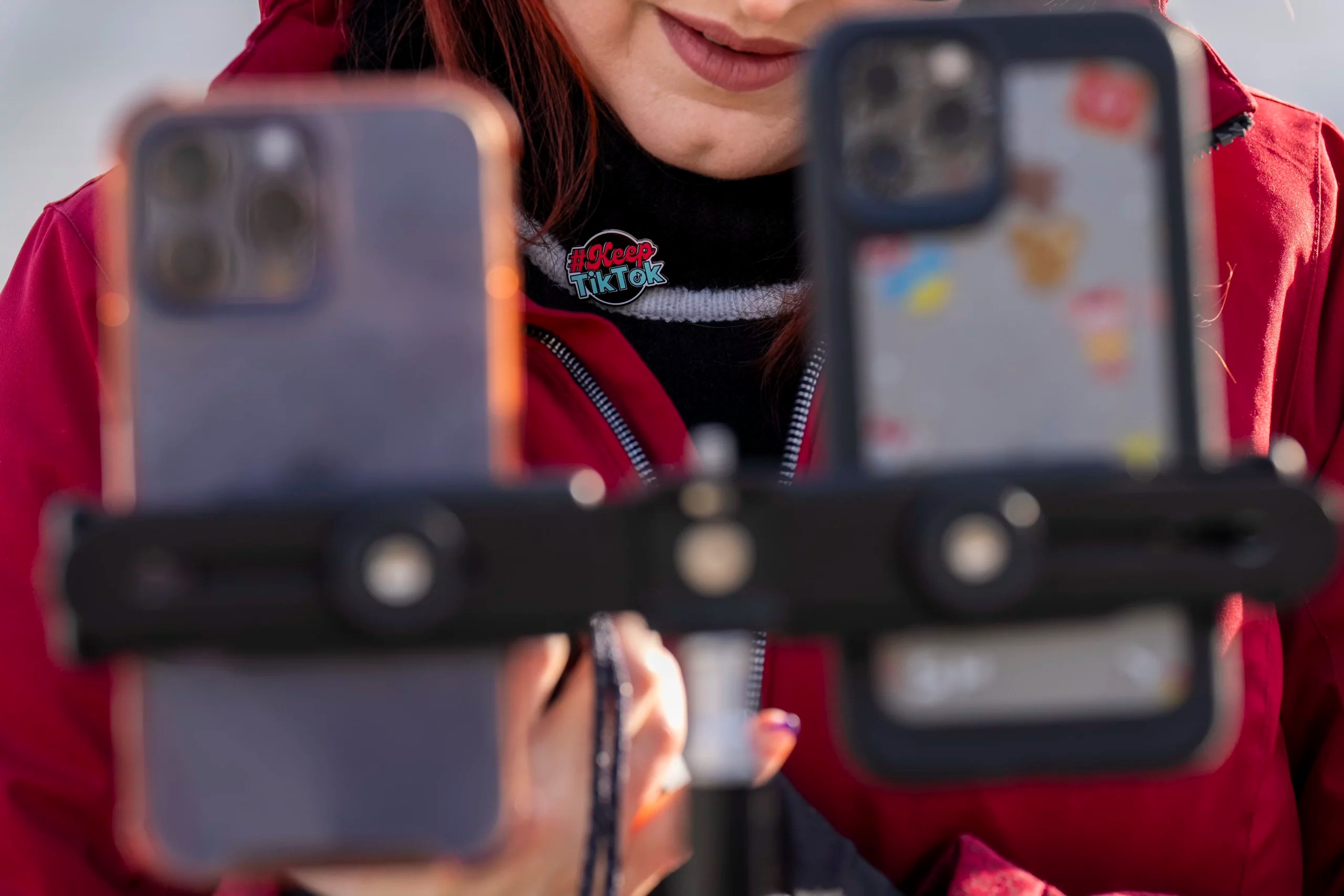


President Donald Trump signed an executive order last month to pause a ban on TikTok for 75 days. An outbreak of posts featuring reactions from tears over the app’s ban to joyful celebrations of its return filled social media. Arguments over the ban’s constitutionality will continue, but the 12-hour freeze of TikTok highlighted a significant problem: addiction.
TikTok, which merged with the app Music.ly, originated as a short video and dance platform but has since evolved into much more. “Content creators” have relied on the app to influence others as a full-time job. Over 170 million people in the U.S. use the app for news, entertainment, and to find a sense of community online.
In October 2024, several states sued TikTok, saying, “The popular short-form video app is designed to be addictive to kids and harms their mental health.”
If you are a member of Generation Z like me, you’ve likely heard the phrase from your frustrated parents, “It’s because of your phone!” As a whole, young people are chronically online. In 2024, the average U.S. TikTok user spent 58.4 minutes a day on the app, with 18- to 24-year-olds averaging more than 70 minutes a day. This equates to over 17 days a year spent scrolling.
Some suggest that TikTok offers a necessary escape from reality. But that’s precisely the problem. TikTok has disconnected young people from reality by promoting radical lifestyles and unrealistic expectations. People are willing to expose facts they would likely never share with real-life acquaintances to millions of strangers on TikTok, all to gain attention and clout, as seen with the “share your most embarrassing story,” and “I remember when I” trends.
TikTok creates a culture of deception through its algorithms, continually showing only videos it thinks the user will enjoy. Whether users lean to the right, left, or somewhere in between, the content they see narrows. Instagram differs as it prioritizes content from accounts that users interact with the most, while TikTok’s algorithm showcases content based on perceived user interest.
This concept is highlighted in an article by Jess Joho, who claims TikTok made her realize she is bisexual. Rebecca Jennings echoes this in her article “How TikTok became a haven for queer and questioning kids.” Teenagers’ insecurities are being exploited by older users who tell them they will be happier if they “accept who they truly are.”
TikTok has also become a platform capable of popularizing antisemitic sentiments and extreme racism. In 2023, some TikTokers began endorsing al Qaida terrorist Osama Bin Laden’s “Letter to America,” and #lettertoamerica received over 13 million views.
Regardless of whether the app intends to, TikTok is being used as a weapon against young people. Our focus on influencers and trends has become so severe that we are missing out on living our own lives. Consumption of picture-perfect lifestyles often leads to feelings of depression by creating a culture of comparison.
CLICK HERE TO READ MORE FROM THE WASHINGTON EXAMINER
TikTok furthers the illusion of fear of missing out and worry about missed opportunities when disconnected. The effects of social media FOMO are linked to sleep deprivation, decreased life competency, emotional strains, negative consequences on one’s physical health, and anxiety. What’s the solution? Delete TikTok.
If you have a compelling reason to keep the app, use it for good and stop letting yourself be used by it. You can do this by setting time limits, disabling the app after a specific time, inviting accountability into your social media consumption, and using the app to spread positivity. So often our social interactions are characterized by a screen, but the most refreshing time with friends and family is spent with our phones put away on silent. So I compel you to ask yourself: Is TikTok worth it?
Katherine Mickelson is a student at Baylor University and a student media fellow with the Network of enlightened Women.
